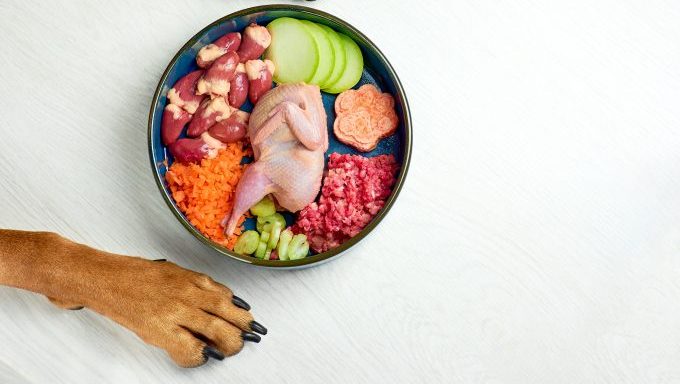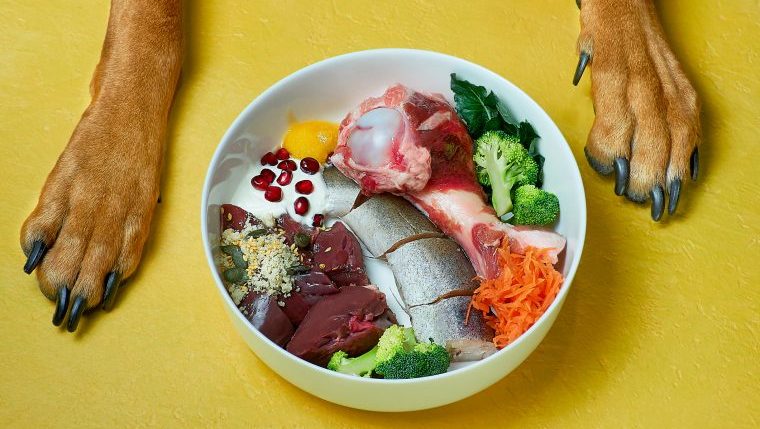
Dog owners often strive to provide the best of everything for their pets. With some families viewing their dogs much like furry children, there are plenty of products on the market to give your dog their best life. But a growing shift in attitudes about dogs and their care is changing how dog owners impact the pet food market. The increasing demand for human-grade dog food has drastically shifted the pet food market. But, is the hype about human-grade dog food all that it seems to be?
Human-grade dog food overtakes store-brand kibble
According to a new report from The New York Times, pet owners are moving towards dog food brands that resemble a human diet.
“They don’t like it; they love it,” Patrick Cunningham, a Chicago-based physician, told the New York Times regarding her dogs’ recent enthusiasm for The Farmer’s Dog, one such brand offering human-grade fare. These diets have become increasingly popular; some believe that during the pandemic, owners’ increased closeness to their pets led to more concern about their health and well-being. While on the surface, this may seem like a good change, experts aren’t sure that human-grade dog food is always the way to go.
“Many are pushing natural or healthy, and people look at the ingredient list and assume because they recognize everything that the diet has to be healthier,” Dr. Cailin Heinze, a board-certified veterinary nutritionist, told the Times. “It’s giving these companies a health halo, even if there is no science behind it, and the other diet has 40 years of research.”
Grain-free dog foods, which frequently fall under the umbrella of “human-grade,” have faced opposition from canine nutrition experts. While some dogs with grain allergies need these diets, there are concerns about the nutritional composition of these diets. Diets heavy in peas and legumes have been linked to heart disease in dogs.
Making the best decision for your dog’s diet
Ultimately, there’s no one right answer when it comes to canine nutrition. Dogs come in all shapes, sizes, and ages, and food that’s developmentally appropriate for a puppy won’t suit a senior dog. Activity levels can also influence variables like how much protein your pet needs. If you’re worried that your pet might be suffering from a nutritional deficiency, consult with your vet. Consider a dietary supplement to ease your concerns if you don’t quite trust your ability to gauge a pet food’s nutritional value.






